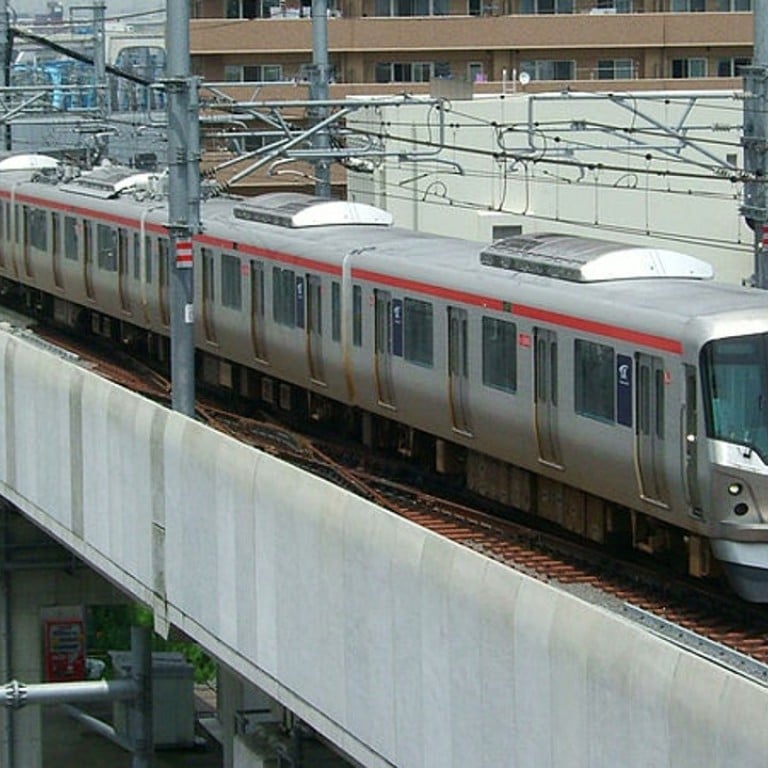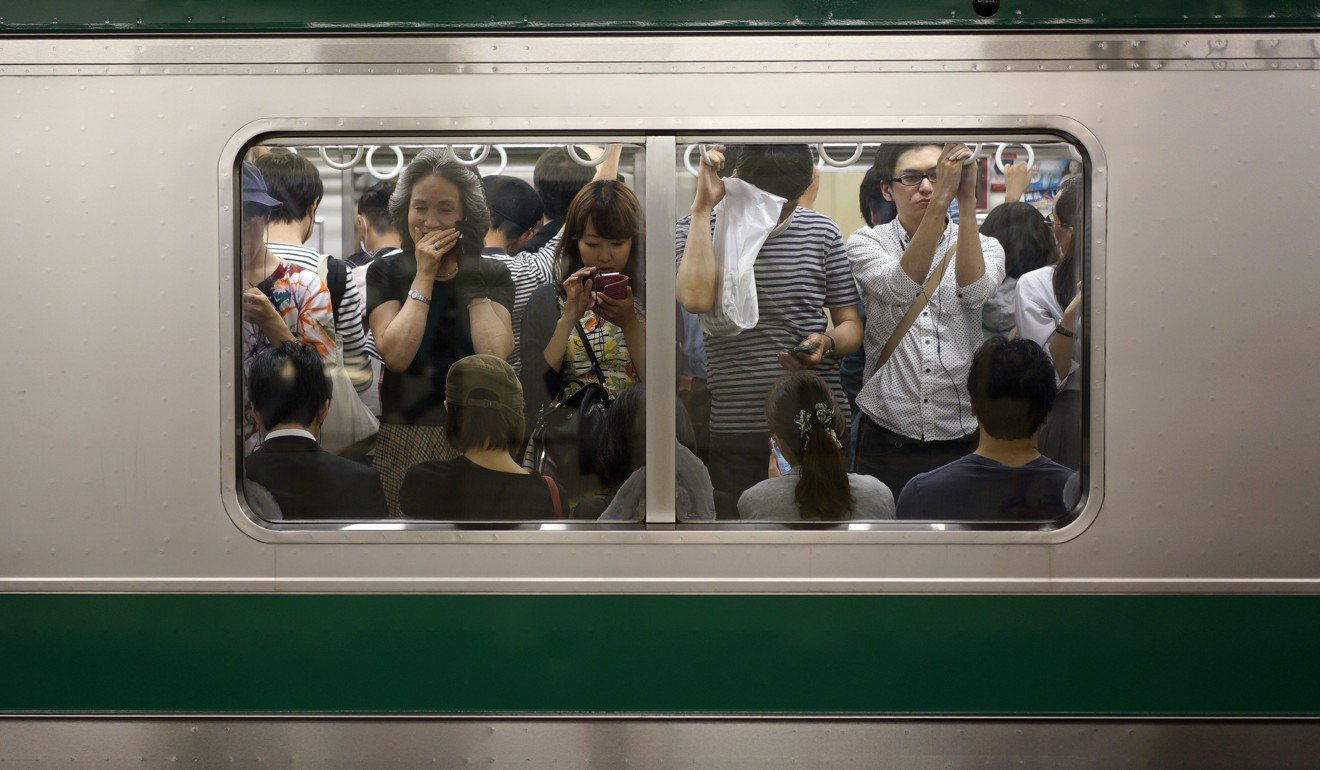
Japanese rail company surprised everyone is making a big deal over its apology for train that left 20 seconds early
Japanese railway operator has issued a deep apology for the ‘tremendous nuisance’ caused by a train departing 20 seconds early, surprising even a nation renowned for both punctuality and politeness
It was an admission that would no doubt raise a sardonic smile among many commuters, and perhaps have them dreaming of relocating to Japan.
The operator of a private railway firm that serves the Tokyo suburbs has issued an apology after one of its trains departed 20 seconds ahead of schedule.
Passengers boarding Tuesday’s 9.44.40am Tsukuba Express from Minami Nagareyama station, just north of Tokyo, were unaware anything was amiss when the train, which had arrived on time, pulled away from the platform at 9.44.20am.
The train’s operator, though, believed the foul-up was serious enough to warrant an apology.
“We deeply apologise for the severe inconvenience imposed upon our customers,” the Metropolitan Intercity Railway Company said in a statement.
The train’s conductor had not properly checked the train’s timetable, the firm said, adding that the crew had been instructed to strictly follow procedure to prevent a recurrence.
Passengers who might have made the train had it left on time in fact suffered little inconvenience: the next one arrived just four minutes later.
While delays – even of just a minute – prompt profuse apologies by Japanese train operators, Metropolitan Intercity’s mea culpa drew inevitable, and unfavourable, comparisons with rail services in other countries.

Densely populated Singapore’s metro system has been hit by repeated delays and breakdowns in recent years, generating public anger in a financial centre in which the cost of car ownership is among the highest in the world.
The train firm said it was “surprised” by the attention the story was getting, saying: “We have issued similar apologies for trains that departed earlier than scheduled before.”
A spokesman said the apology was issued because strict safety procedures were not followed.
“What matters is not the 20 seconds … The point is that our formal procedure should be this: a sound rings 15 seconds before the departure, followed by an announcement asking for caution due to the closing doors, and then the doors shut,” he said.
The Tsukuba Express carries 130 million passengers a year between Akihabara in Tokyo and Tsukuba in Ibaraki prefecture, a journey of about 45 minutes.
The apology had several social media users scratching their heads.
“A weird country in which a 20-second difference prompts a sincere apology while faking quality data on aluminium and steel products or misconduct on car check-ups are done just like that,” read one tweet.
This was a reference to a recent string of corporate scandals that has floored the reputation of Japan Inc.
Car giants Nissan and Subaru have admitted that uncertified staff had inspected vehicles while Kobe Steel has been embroiled in a quality data-faking scandal.
While others lauded Japan’s super-efficient rail service as one of the country’s greatest attributes, the quest for punctuality can go tragically wrong.
In 2005, more than 100 people died and hundreds more were injured when a packed commuter train left the tracks and crashed into a flat complex in western Japan.
The derailment occurred after the driver used excessive speed in an attempt to make up for a 90-second delay.
Rail unions blamed the crash on a culture of fear in which employees were subjected to humiliating punishments for committing minor errors such as arriving seconds late or slightly overrunning platforms.
The Guardian, Agence France-Presse
